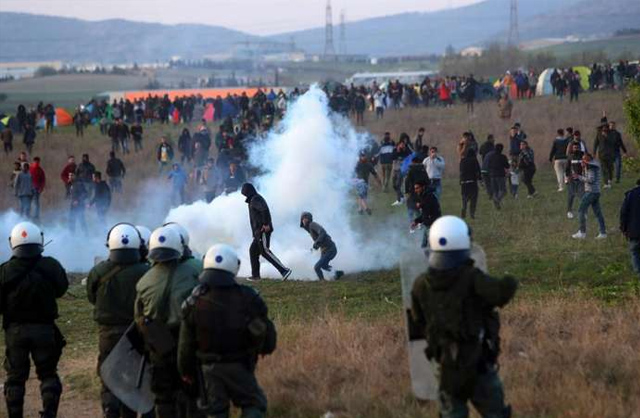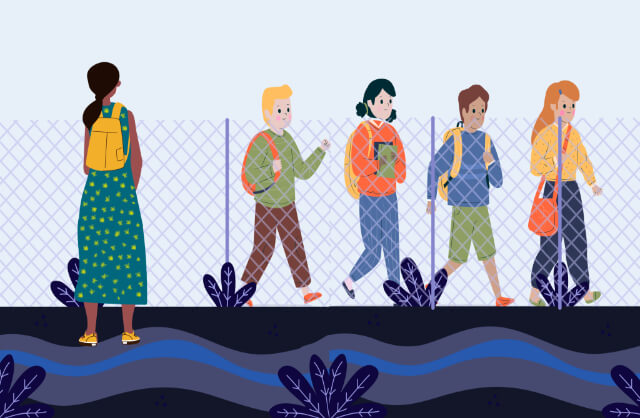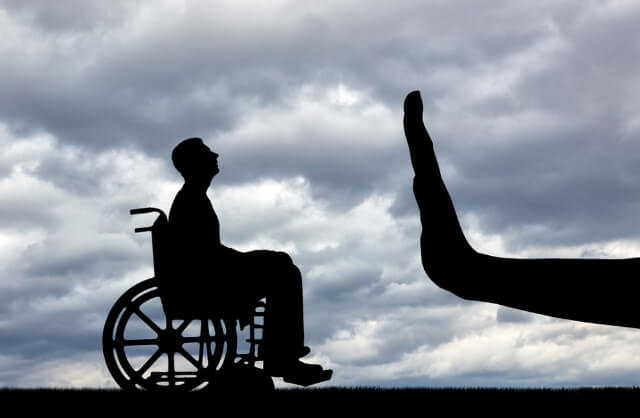Macedonia fails to protect the right to life and tortures migrants and refugees
April 24, 2015

On 24 April 2015, a train in the vicinity of Veles killed 14 and hurt at least 4 migrants-refugeees. During the last 6 months at least 27 foreigners has lost their lives, including babies, children and women who had left their homelands in West Asia and Central Africa and are transiting through the territory of the Republic of Macedonia. Upon being detected by the police officers, these persons usually end up detained in the Reception Center for Foreigners located in the Gazi Baba settlement, where they spend up to several months in utterly inhumane conditions.
In Article 29 of the Constitution of the Republic of Macedonia it is confirmed that foreigners enjoy rights and freedoms guaranteed by the Constitution, under conditions determined by law and international agreements. The Republic of Macedonia, as a signatory of the European Convention on Human Rights, besides having the obligation to refrain from taking life, must also undertake appropriate measures to protect the lives of the individuals who happen to be at its territory. This is especially applicable to situations when the state is aware that risks leading to possible loss of human life are involved. The same obligation refers to prevention of and protection from torture of all persons under arrest.
Unfortunately, despite the fact that the Ministry of Interior is acquainted with the dangers and risks of which the migrants are susceptible, the state fails to undertake appropriate measures to protect their most basic human rights. The railways are unprotected, lacking signalization or signs which would alert of the dangers facing those who cross or walk by them, while the migrants and refugees are not provided with even the most basic humanitarian aid. The only Reception Center in Gazi Baba is overcrowded and in dilapidated state, lacks in adequate health care, and the officials do not even provide legal assistance. The migrants and refugees live in uncertainty with regard to their future, and the Reception Center is completely inaccessible for citizens’ associations and the media.
The Ministry of Interior’s attempt to underrate this humanitarian crisis by finding excuse in the Hellenic Republic’s ineffective border control and by presenting this problem as a global one, in no case absolves the Republic of Macedonia of its own responsibilities. The Helsinki Committee reminds that in 1999 the state provided shelter for over 350.000 refugees from Kosovo, while nowadays it remains unable to deal with several hundred foreigners finding themselves in the same situation. The Committee expects approval of the recently submitted request for visit to the Reception Center, and will continue to follow the actions of the authorities, as well as to keep the domestic and international public informed about them in timely fashion.


